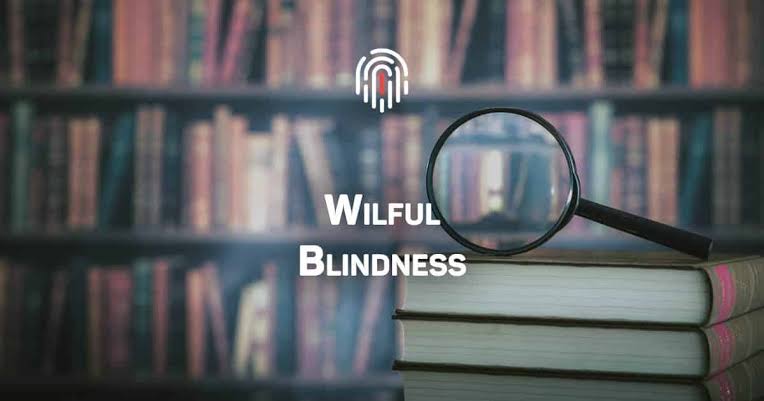#QuickBiteCompliance Day 156
What You “Don’t Know” Can Still Be a Crime: How Criminals Exploit Knowledge Gaps
Imagine you’re playing a game of hide and seek. Your friend tells you, “Don’t look behind the couch!” That sounds suspicious, right? Even if you don’t check, deep down, you know they’re probably hiding there.
This is similar to how knowledge works in financial crime. If someone chooses not to see the red flags in a suspicious transaction, they can’t just say, “I didn’t know!” That’s called willful blindness—deliberately ignoring something that looks wrong.
How Do Criminals Take Advantage?
🚨 Fake Business Deals – A bank employee ignores obvious red flags when a client moves large amounts of money from unknown sources.
🚨 Luxury Purchases – A real estate agent sells a mansion to someone paying in cash, never asking where the money comes from.
🚨 Helping Without Asking – A company processes payments for a business linked to crime but doesn’t check because they “don’t want to know.”
Why This Matters
Turning a blind eye helps criminals move dirty money through the system. Courts can still hold people responsible if they should have known something was suspicious.
Smarter Tools for Stronger Defenses
Financial crime experts use Inclusive Regtech and Open Source AML solutions—like those from Mulai Console—to spot red flags and ensure businesses can’t claim “I didn’t know” when the warning signs were there.
When it comes to financial crime, what you ignore can still get you in trouble. Stay informed, ask questions, and always follow the money.
🔗 Learn more: https://www.acams.org/en/resources/aml-glossary-of-terms
#InclusiveRegtech #OpenSourceAML #100HariNulis #AML #FinancialCrime #Compliance #WillfulBlindness

